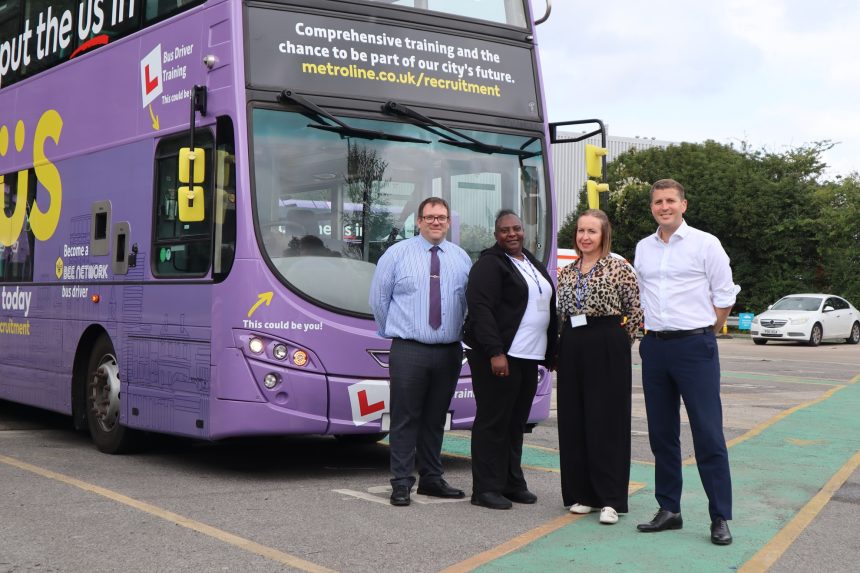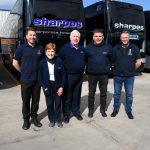Metroline is the only new entrant to the Greater Manchester bus market under the current phase of franchising. Its four large franchise contracts are part of the third and final tranche of rollout on 5 January 2025 and will see the Metroline Manchester business take on four depots from Arriva and Stagecoach in the south and the east of the conurbation.
They require 420 buses and over 1,350 drivers and are worth £422 million over five years. Each has two separate one-year optional extensions.
Significant preparation is thus required. That includes liaison with outgoing operators, franchising body Transport for Greater Manchester (TfGM), and staff who will transfer with the work.
Add a need for recruitment learned as a lesson from earlier tranches, the commissioning of new vehicles and the creation of a standalone management team, all against a backdrop of no existing operations in the city region, and Metroline Manchester has its work cut out.
Ultimately responsible for its success is Regional CEO Patrick Sibley (pictured above, right). He joined Metroline in 2022 having latterly been Area Managing Director of Arriva Yorkshire. Patrick is a product of the Arriva graduate scheme and attended university in Manchester.
Other senior team appointments are coming on stream. During the earlier stages of contract mobilisation and service delivery, Metroline will lean on expertise from elsewhere within its business. That will largely involve London, but parent ComfortDelGro operates bus franchises in other territories, including Australia and Singapore.
Those locations arguably have more in common with the TfGM mechanism than how Metroline’s London operations are structured. Patrick thus does not rule out leveraging knowledge and skills from both.
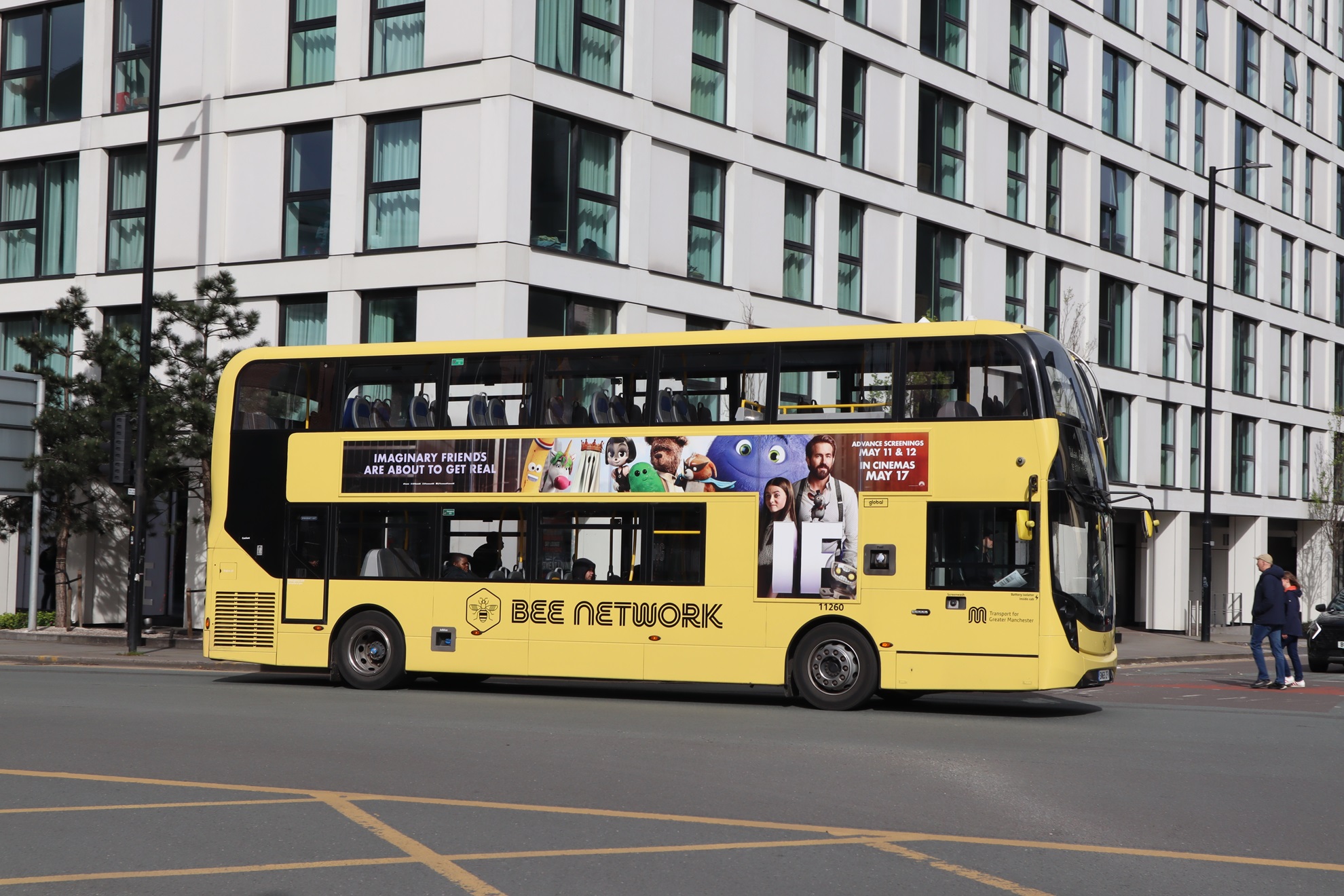
Long-term preparation for Metroline in Manchester
The most externally visible part of Metroline’s preparation so far is driver training. Six purple double-deckers for that have moved to Manchester from London. A training base is established at the Wythenshawe depot that is currently part of Arriva North West but will be one of the operating centres that move to Metroline in 2025.
“Our expectation is that the majority [of staff] will come from incumbent operators under TUPE,” Patrick explains. “But we are actively recruiting.” The obvious question is what drivers in training now will do until rollout day once tests are passed. That has been well considered. Significant change will come to the four depots overnight, and it must be prepared for.
In addition to route learning and other training ready for new drivers to be productive from day one, they will act as champions of items that transferring staff will be familiarised with ahead of the transition. New buses and Ticketer machines will be introduced, as will a new radio system.
Major learning process for all involved
Metroline was unsuccessful in bids to earlier tranches of franchising in Greater Manchester. On why it saw results later in the process but nothing earlier, Patrick points to participants taking time to learn what TfGM’s expectations of them are and building that into submissions.
“Bids were predominantly measured on quality rather than price,” he explains, noting that good service delivery will drive revenue growth. “We needed to understand what TfGM required of operators from a quality perspective and how we could articulate that in our bids.”
Feedback on TfGM’s likes of Metroline’s third tranche submissions is under wraps, but Patrick is open about one element that he believes was in the operator’s favour.
“We can potentially bring in new ideas from outside the UK. In Australia and Singapore, we have the same type of franchising model where we work in partnership with local transport authorities,” he notes.
Mayor of Greater Manchester Andy Burnham has made clear that the region’s franchised bus network payment regime is structured to incentivise good performance and penalise sub-par delivery. But Patrick points out that the relationship between TfGM and its operator contractors goes beyond that.
While Metroline Manchester will be laser focused on service delivery and contract adherence, it will not do that in isolation, he explains. Partnership will be in play where TfGM supports the former objective; a core part of that is the ability to introduce enhancements mid-term, as has already been seen in tranche one contracts.
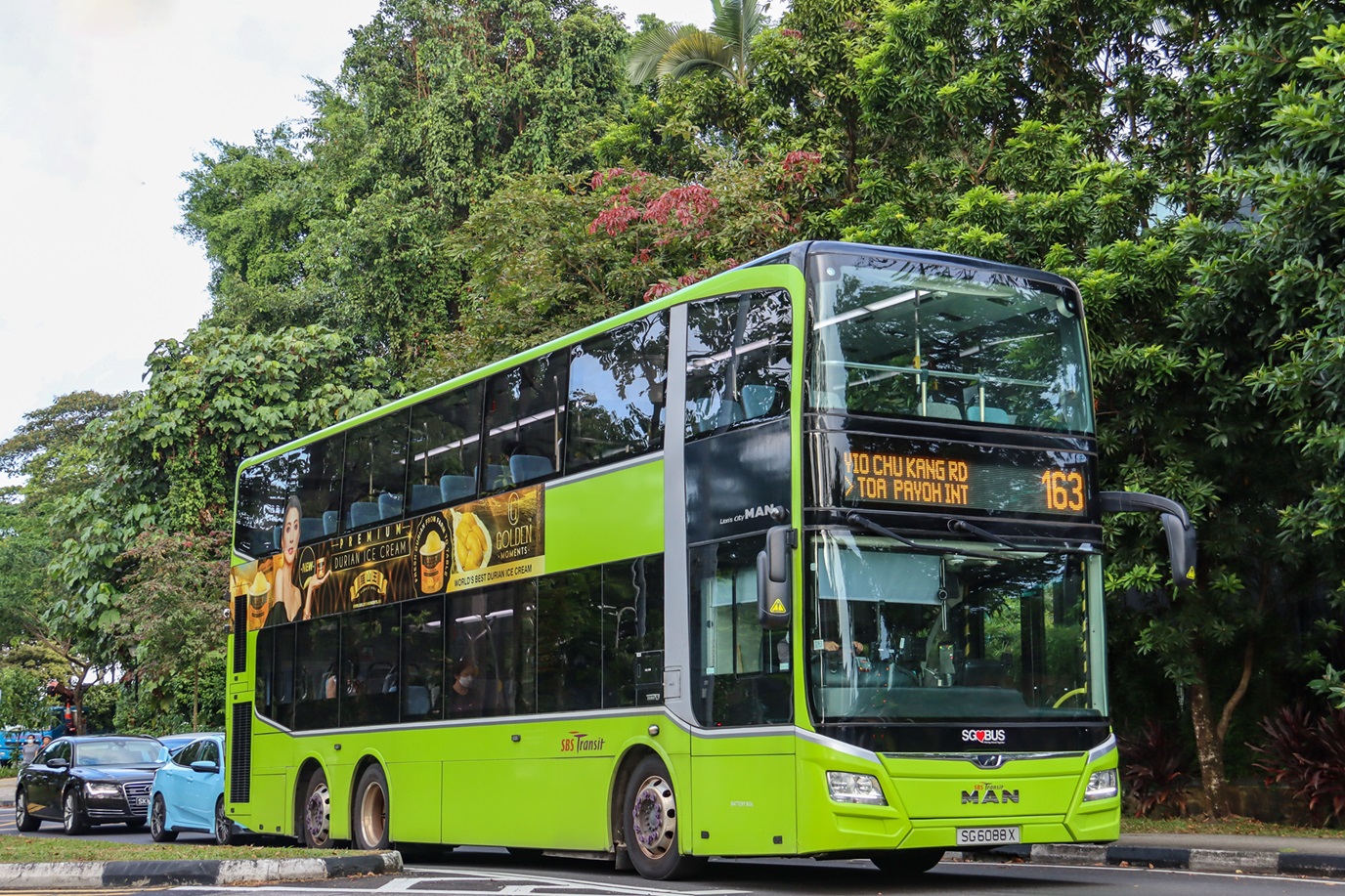
Metroline keeps good relationships with Manchester incumbents
Key to the transition period is building strong relationships with incumbent operators. Wythenshawe will transfer from Arriva and Metroline will take on depots at Ashton-under-Lyne, Hyde Road and Sharston from Stagecoach.
A smooth handover is the objective; Patrick adds that one short-term aim is for passengers to notice no difference from commercial operation to delivery under a franchised landscape until improvements come on stream.
“And that is the spirit in which everyone is entering this process,” he adds, noting that Arriva and Stagecoach are acting in a constructive manner as January approaches.
Arriva has made office space available at Wythenshawe for Metroline Manchester to manage its training school, and the yard there is being used for practical tuition. Metroline has offices near to Manchester city centre, but it is also working closely with Stagecoach.
“Stagecoach has been very professional and has been in our position already, winning work from others in tranche two,” Patrick notes. “It understands what being a good exiting operator is, and the processes that make it easy for everyone involved.” While Metroline is in weekly dialogue with TfGM, for much of the handover preparations it is left to work with the incumbents.
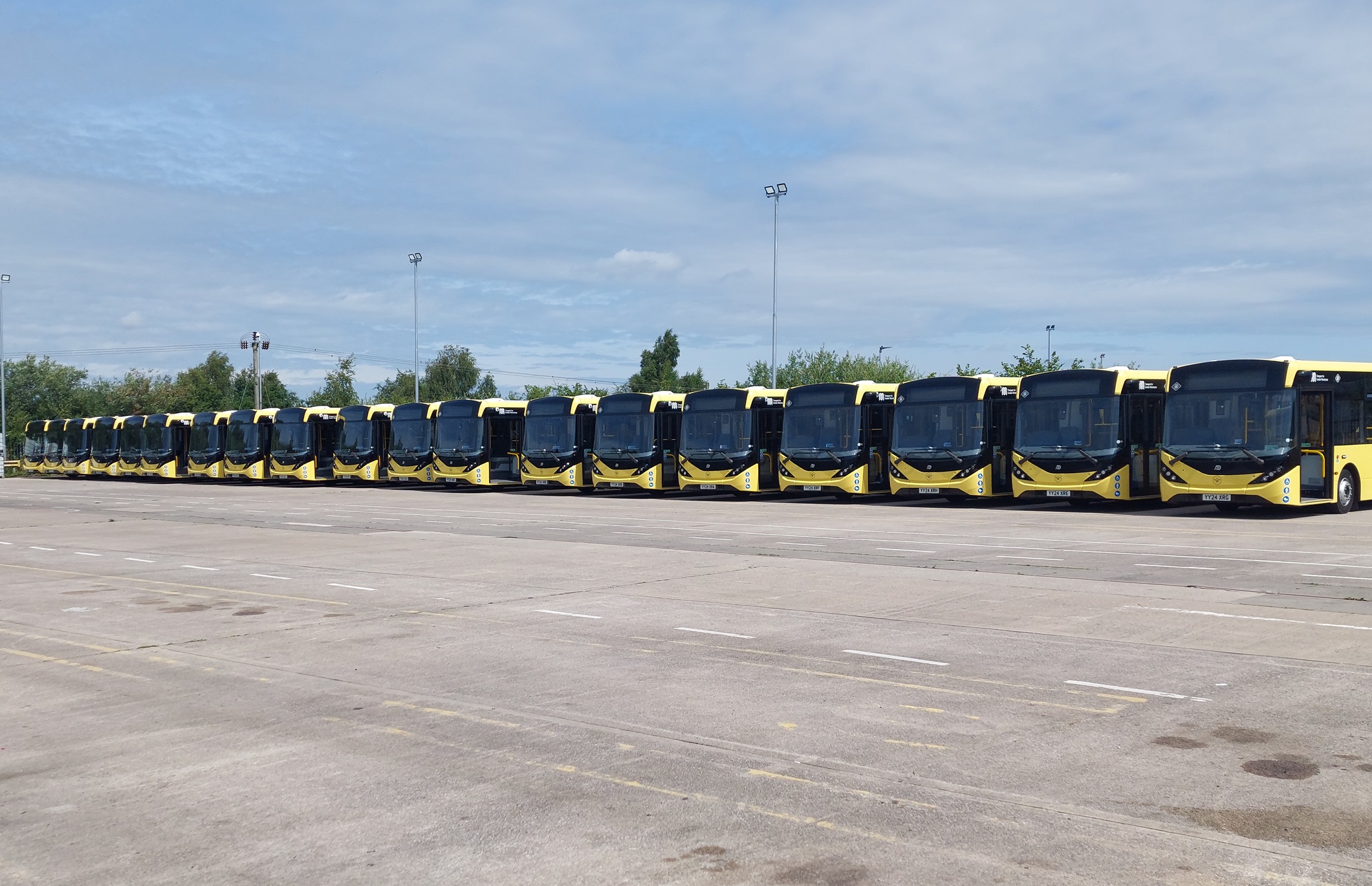
Major fleet overhaul process lies ahead
Driver training underway many months before the go-live date is part of a service delivery focus. Metroline Manchester’s ability to second drivers from other areas is slim, and having enough permanent staff in place from the start is imperative. Patrick often talks of derisking mobilisation. Robust familiarisation with new vehicles and technology is also key.
A large component of the transition will be fleet evolution. While final touches are being put to a plan of how many vehicles will move from Stagecoach via the TfGM residual value mechanism, around 125 are expected.
That includes 32 BYD Alexander Dennis Enviro400EV battery-electric double-deckers at Sharston. No buses will come from Arriva, leaving 300 others to resource.
TfGM began procuring new vehicles from multiple manufacturers before awarding tranche three contracts, although they will ultimately be owned by operators. Many are already delivered. Ashton and Hyde Road depots are gaining charging infrastructure and Patrick expects that both will have battery-electrics in service from day one of franchising there.
To that end, Metroline will take 110 of the 170 Volvo BZLs that were ordered for Stagecoach at Stockport, but which have been reallocated due to depot challenges there.
At Ashton and Hyde Road, battery-electric expertise from Metroline’s London operation will support technicians, and the incoming operator is working with Stagecoach on finalising that training plan.
TfGM’s approach to vehicle resource is appropriate, Patrick believes; a residual value mechanism allows exiting operators to avoid being stuck with buses that they no longer need. A similar tactic for depots equally suits new entrants to the region.
While the difficulties of SME operators with franchising in Greater Manchester are well known, he adds that the asset strategy adopted has removed several barriers to larger newcomers.
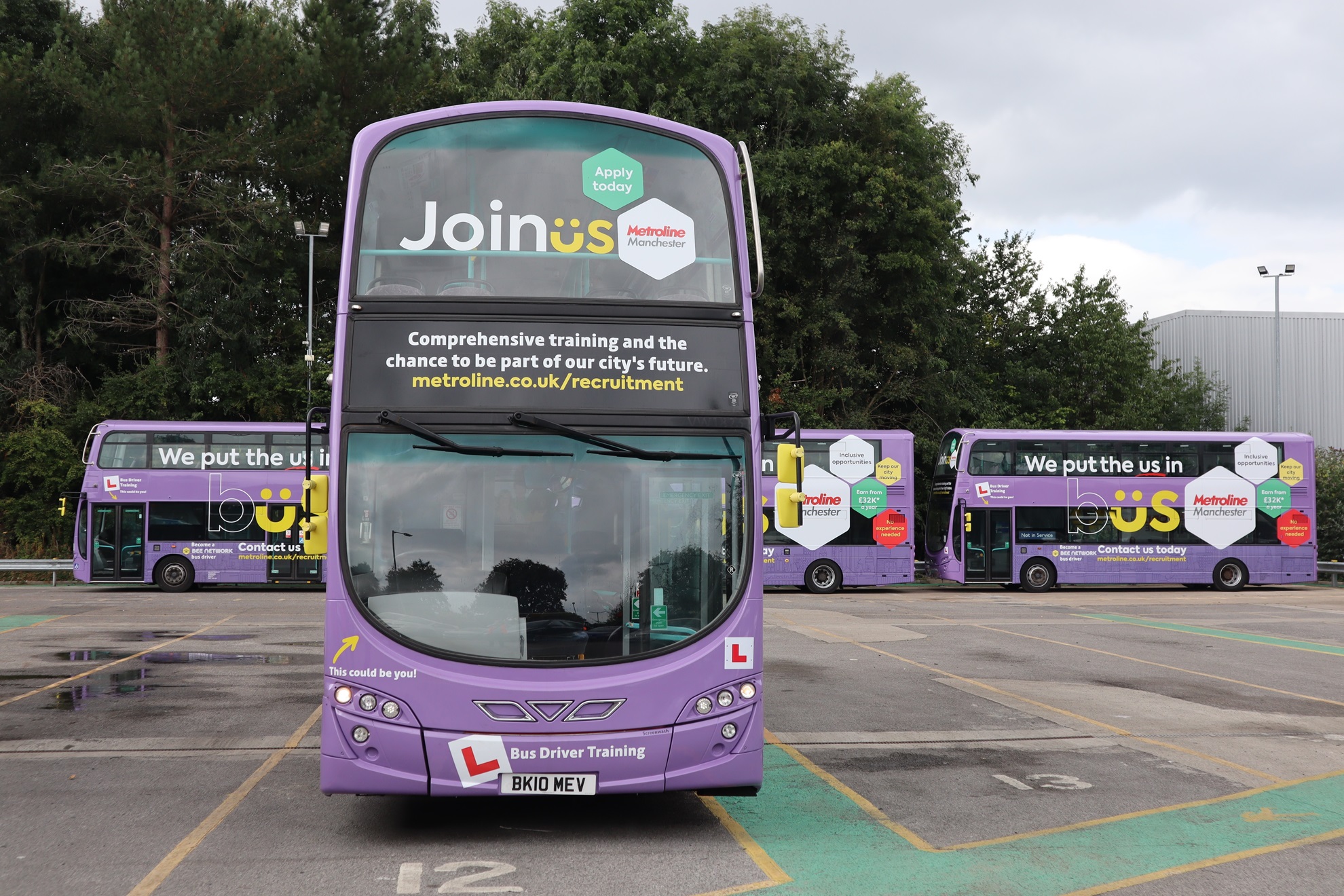
‘Prudent’ approach by Metroline to areas beyond Manchester
TfGM has structured its franchising scheme in a particular way, and in the third tranche that has allowed Metroline to prosper. Patrick says that the group and parent ComfortDelGro are open to working under alternative approaches, underlining how the packaging used by Transport for London varies significantly from Greater Manchester.
Reregulation in the Liverpool City Region and in West Yorkshire is on Metroline’s radar and is has an eye on other areas where possible franchising is at an earlier stage. But Patrick is cautious about spreading resource too thinly.
The business will take a “prudent” approach to any further expansion. If Metroline bids in those areas, it will bid to win, but such participation will only come if it is confident that contracts can be delivered without impact on existing work.
“Our focus is Greater Manchester first and foremost,” he adds. “It would be great if Metroline and the wider ComfortDelGro group could grow into other markets, but Manchester is my priority now.”





















